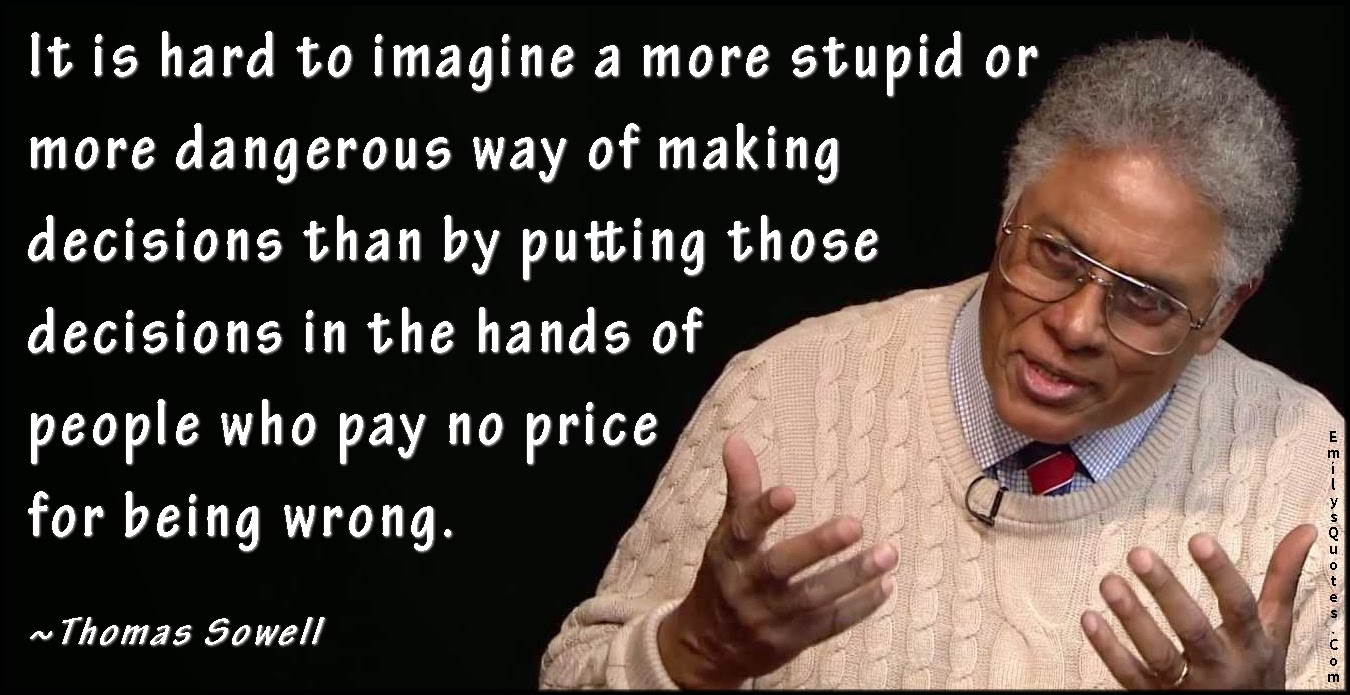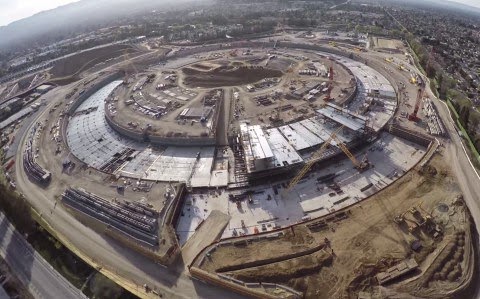Watch out for storms this evening
The Met Office has warned of storms (the non-political kind) including gale force winds and falling snow in parts of Cumbria tonight. Flood alerts have been issued across Cumbria ahead of 60mph gales in many parts of the county tonight and possibly reaching 70mph on the fells. Environment Agency flood alerts are in place near rivers Brathay, Rothay and Winster, as well as Upper River Derwent, Stonethwaite Beck and Derwent Water. The Met Office warned more severe gales have been anticipated across the Lake District fells later this evening with temperatures which may fall as low as 4C. A Met Office forecaster said: "Becoming very windy with gales for many, perhaps severe across the Fells. Rain will spread east across the [North West] region, some heavy and persistent, particularly across the Lake District and the Pennines. Gales and rain easing by dawn, but still windy. Minimum Temperature 4C."







